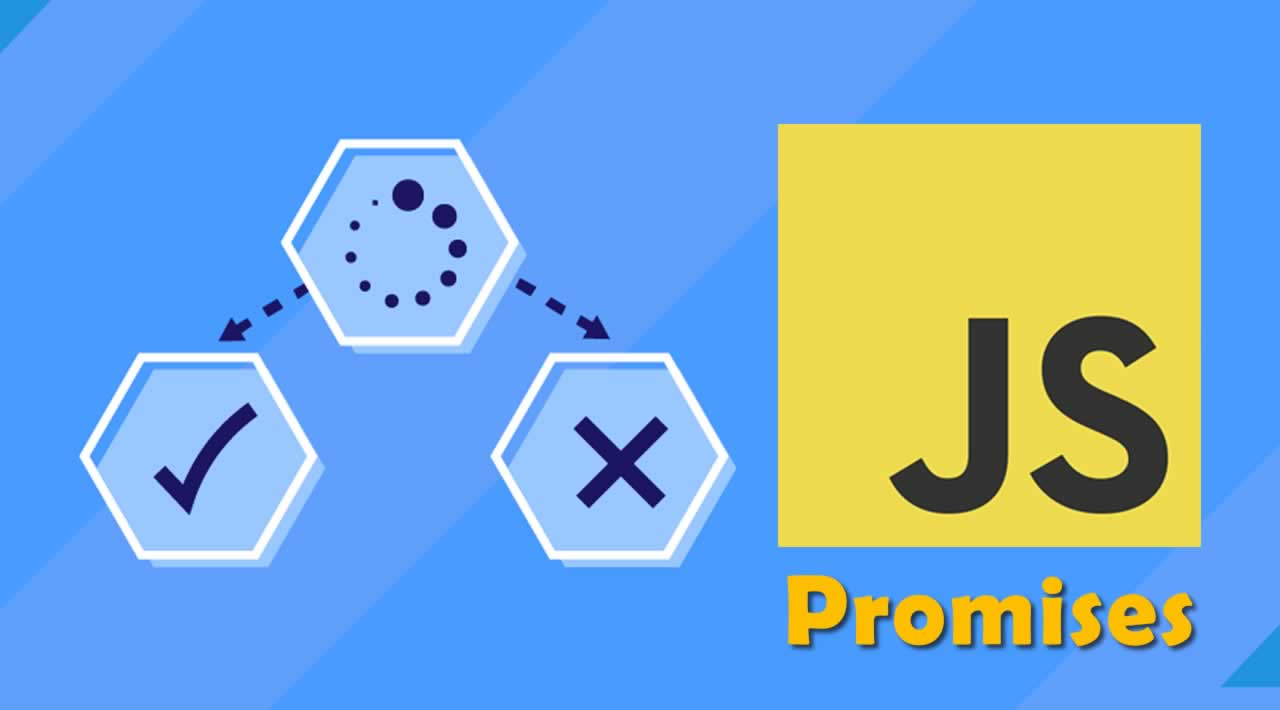There are many great ways to improve your coding skills, experiment with new technologies. The truth of the matter is to understand JavaScript and Promise.
Part 1:
const prom = new Promise((res, rej) => {
console.log('first');
res();
console.log('second');
});
prom.then(() => {
console.log('third');
});
console.log('fourth');
// first
// second
// fourth
// third
Promise executes synchronously, promise.then executes asynchronously
Part 2:
const prom = new Promise((res, rej) => {
setTimeout(() => {
res('success');
}, 1000);
});
const prom2 = prom.then(() => {
throw new Error('error');
});
console.log('prom', prom);
console.log('prom2', prom2);
setTimeout(() => {
console.log('prom', prom);
console.log('prom2', prom2);
}, 2000);
// prom
// Promise {<pending>}
// __proto__: Promise
// [[PromiseStatus]]: "resolved"
// [[PromiseValue]]: "success"
// prom2
// Promise {<pending>}__proto__:
// Promise[[PromiseStatus]]: "rejected"[[PromiseValue]]:
// Error: error
// at <anonymous>:7:9
promise has three different states:
- pending
- fulfilled
- rejected
Once the status updated, pending->fulfilled or pending->rejected, it can be changed again. The prom1 is different from prom2 and both of them return new Promise status.
#javascript #promises in javascript

27.15 GEEK